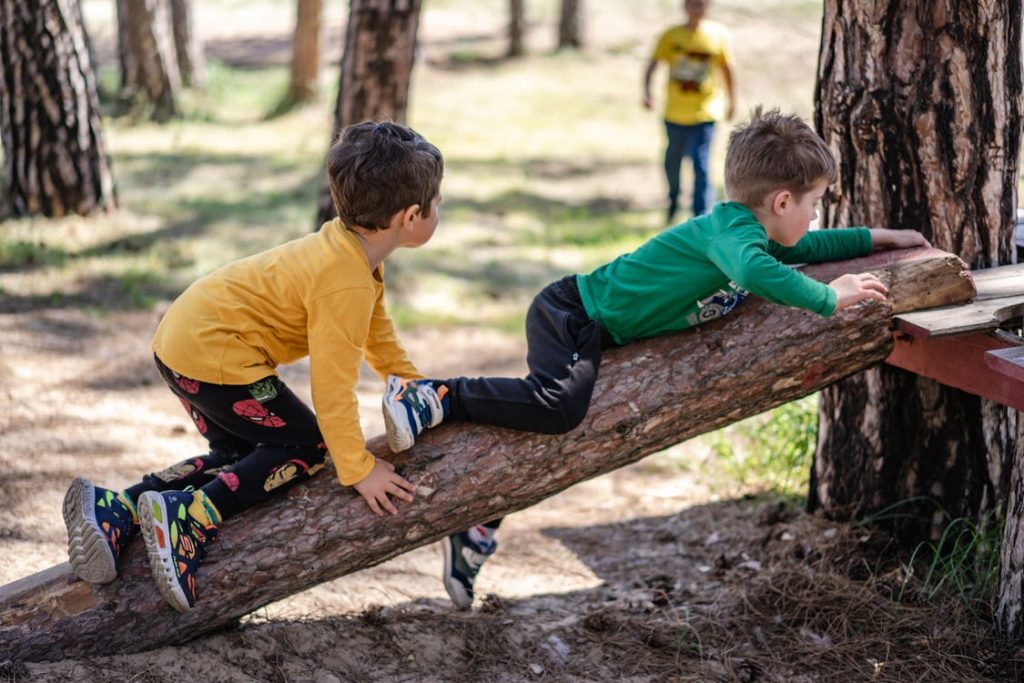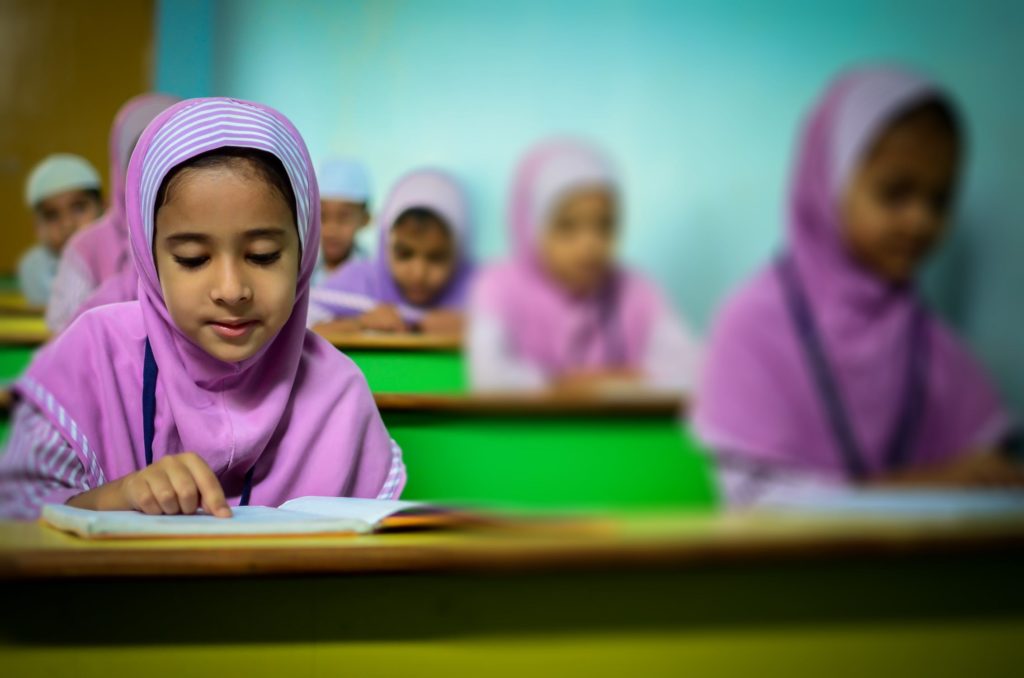Teaching our children about the most important challenges of our time is a difficult task to approach – we want our kids to have a positive and uplifting upbringing, and concerning them with the issues that the adults of the previous few generations have full responsibility for seems unfair and harsh.
However, the reality is that eventually, the protracted numbers in terms of temperature rises, species loss, and the unprecedented damage to the environment could easily be their future – and while it can feel like there is little we can do, it is essential to empower the next generation to take full control of the situation.
The question is, what are the best ways to achieve this outcome, and how do we make learning about the environment a fun, engaging, and stimulating but nevertheless educational experience?
Raise awareness at an early age
When it comes to subjects that are considered important, such as universally applicable skills like mathematics, writing, reading and language, it is always ideal to begin teaching children at a young age. In the initial years of a child’s education, learning these foundational skills forms the basis for all future education, work, and awareness of society, becoming almost second nature.
Essentially, the younger we can effectively introduce education about the environment, the better we can ensure the values and behaviors of the next generation are aligned with the goals of net-zero emissions, as well as a wider understanding and passion for nature and animals.
However, introducing a hugely complex issue with such wide-ranging implications to young minds is not easy, and so there needs to be reasonable changes to the intensity of lessons as they get older.
Engage hands-on
Especially in lessons for younger students, engaging with the environment in a hands-on manner is a proven and effective way of getting children interested, passionate and actively invested in the environment.
Hands-on learning is an essential part of childhood education, as children learn how to interact with the world, learning some of the behaviors and attitudes that will stick with them for the rest of their lives.
Learning about the environment provides unique opportunities for creating fun and stimulating lessons for the children, which is incredibly important in making the information stick. If children spend most of their school days inside, writing and problem solving, getting to go outside and engage with the world around them will be a welcome change of scenery!
Use online resources
With the internet now firmly present in the lives of our children, using online resources is a great way to expand on their knowledge, deepen their interest, and complete extracurricular activities.
There are both scientists and teachers alike who create amazing content on sites such as YouTube, and they may be able to offer more specialized lessons than standard schooling.
Since the Covid-19 pandemic, devices such as online school tablets have become incredibly useful in keeping our children engaged in learning while at home.




